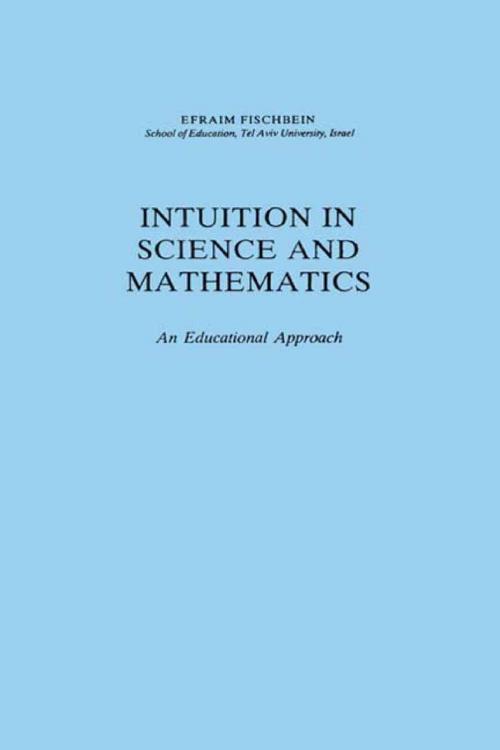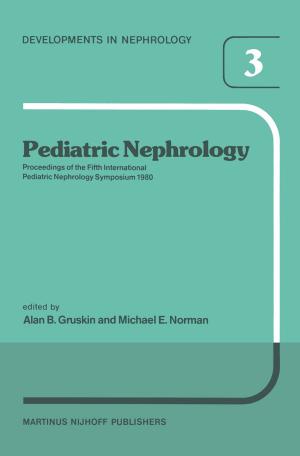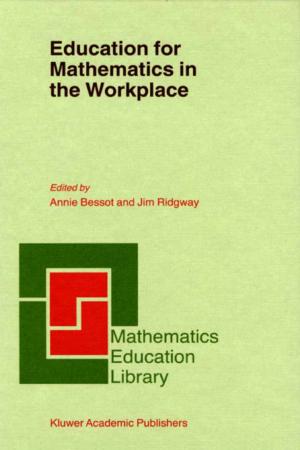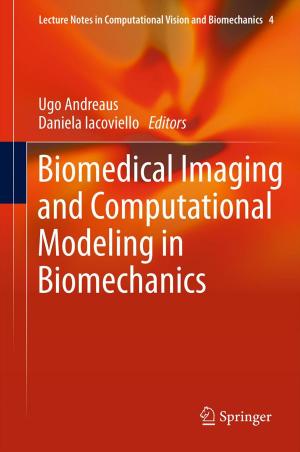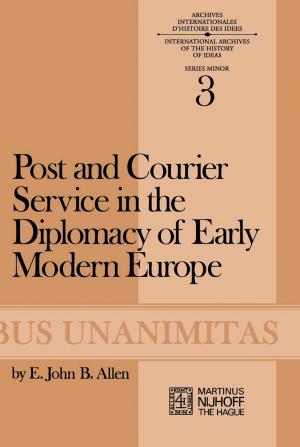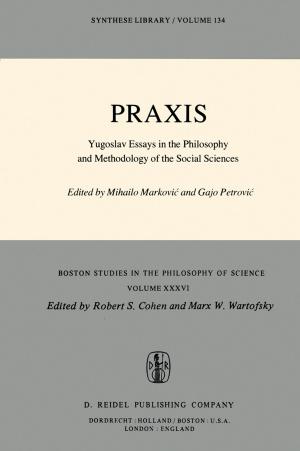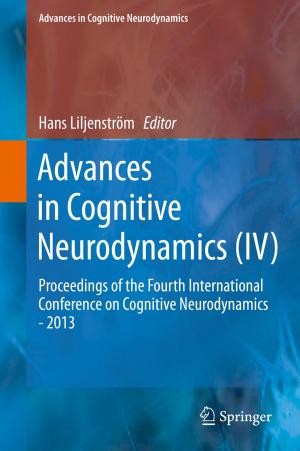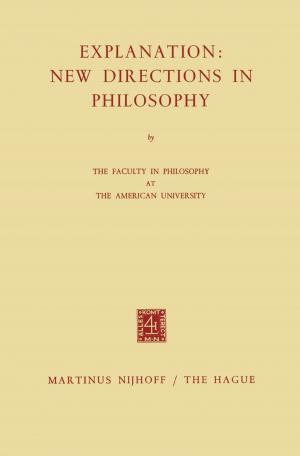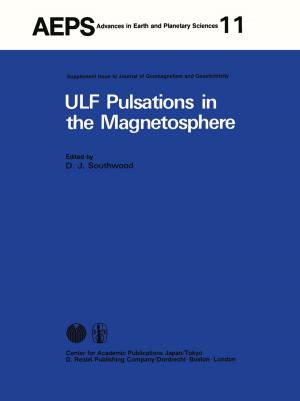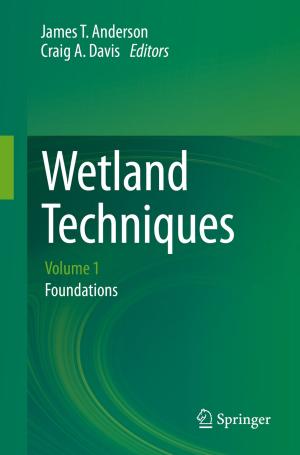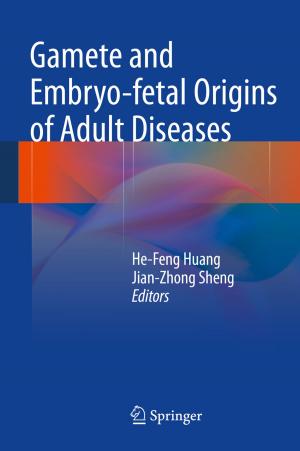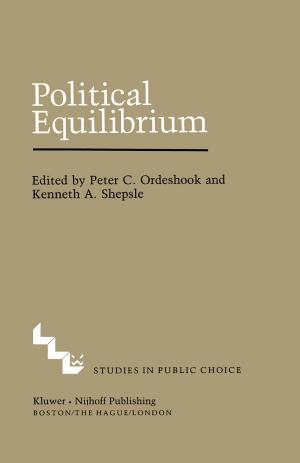Intuition in Science and Mathematics
An Educational Approach
Nonfiction, Reference & Language, Education & Teaching, Teaching, Teaching Methods| Author: | H. Fischbein | ISBN: | 9780306472374 |
| Publisher: | Springer Netherlands | Publication: | April 11, 2006 |
| Imprint: | Springer | Language: | English |
| Author: | H. Fischbein |
| ISBN: | 9780306472374 |
| Publisher: | Springer Netherlands |
| Publication: | April 11, 2006 |
| Imprint: | Springer |
| Language: | English |
In writing the present book I have had in mind the following objectives: - To propose a theoretical, comprehensive view of the domain of intuition. - To identify and organize the experimental findings related to intuition scattered in a wide variety of research contexts. - To reveal the educational implications of the idea, developed for science and mathematics education. Most of the existing monographs in the field of intuition are mainly concerned with theoretical debates - definitions, philosophical attitudes, historical considerations. (See, especially the works of Wild (1938), of Bunge (1 962) and of Noddings and Shore (1 984).) A notable exception is the book by Westcott (1968), which combines theoretical analyses with the author’s own experimental studies. But, so far, no attempt has been made to identify systematically those findings, spread throughout the research literature, which could contribute to the deciphering of the mechanisms of intuition. Very often the relevant studies do not refer explicitly to intuition. Even when this term is used it occurs, usually, as a self-evident, common sense term.
In writing the present book I have had in mind the following objectives: - To propose a theoretical, comprehensive view of the domain of intuition. - To identify and organize the experimental findings related to intuition scattered in a wide variety of research contexts. - To reveal the educational implications of the idea, developed for science and mathematics education. Most of the existing monographs in the field of intuition are mainly concerned with theoretical debates - definitions, philosophical attitudes, historical considerations. (See, especially the works of Wild (1938), of Bunge (1 962) and of Noddings and Shore (1 984).) A notable exception is the book by Westcott (1968), which combines theoretical analyses with the author’s own experimental studies. But, so far, no attempt has been made to identify systematically those findings, spread throughout the research literature, which could contribute to the deciphering of the mechanisms of intuition. Very often the relevant studies do not refer explicitly to intuition. Even when this term is used it occurs, usually, as a self-evident, common sense term.
